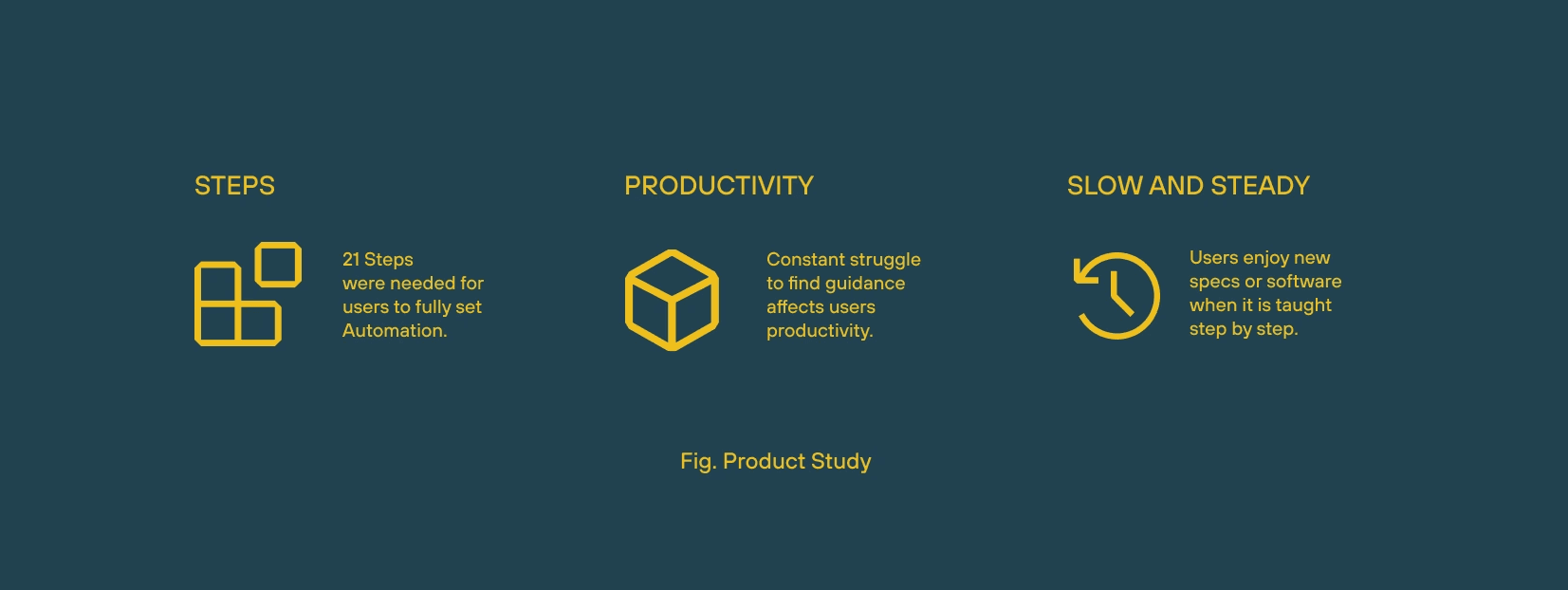Overview
A trading platform-like app aimed to help companies source materials at low cost to make high profit margins on finished goods.
Problem Space
Our existing client needed a solution in R&D and manufacturing operations for Cost Engineers & Sourcing Managers to make high profit margins in sourcing materials required to manufacture a finished product.
Solution
I introduced design features and redefined flows typically found in consumer facing applications to reduce the learning curve and increase time spent creating business value.
Role
UX Design (Lead)
Design Team
UX Design, Product Managers, Engineering Team
Methods
Proto personas, Jobs To Be Done, Heuristic Evaluation, Journey Mapping, Iterative Prototyping
Duration
1 year
Support cost decisions effectively
Cost Analytics provides a suite a tools that equips stakeholders to identify trends, stay up to date with markets and plan for a variety of scenarios, facilitating organisations to make bold and calculated decisions.
Identify market trends
Source resources cost effectively with the highlighted market trends and maximise margins.
Stay up to date with Alerts
Setup alerts to stay up to date and get notified of fluctuations in market indices.
Plan for adversity
Prepare for unforeseen scenarios by exploring and visualising variations in cost models with What-if modelling.
Monitor with an AI-powered dashboard
Monitor everything important, and receive and AI powered overview of the most consequential fluctuations.
Business Impact
16%
500+
⏫
Design is about maximising the constraints present. There were four areas I needed to leverage to deliver solid and user-centric solutions. While I could reliably call upon my design expertise, and had clarity about the business requirement, I lacked domain expertise in supply chain management, and had to adapt to technical limitations as and when the tech team brought them up.
Design is about maximising the constraints present. There were four areas I needed to leverage to deliver solid and user-centric solutions. While I could reliably call upon my design expertise, and had clarity about the business requirement, I lacked domain expertise in supply chain management, and had to adapt to technical limitations as and when the tech team brought them up.
Understanding who we were designing for and what they required was akin to piecing a puzzle together. Each piece that fit gave more information about how the other pieces interact with each other. The puzzle did get pieced together, so let's take a closer look at the idiosyncrasies in the world of supply chain management.
Problem Statement
How can we enable Cost Engineers to effectively support various Category Managers in their decision making processes?
What did the Cost Engineers need?
1. Vendor Negotiation Tools
A more integrated approach was necessary when considering further development of vendor negotiations that enabled comprehensive preparation.
2. Market Trends Alert
More robust and omni-present market trends notification system was required to enable cost engineers to take proactive decisions.
3. Contingency Planning
Cost Engineers needed more versatile tools to seek out and plan for unforeseen contingencies.
4. Improved monitoring and alignment
Cost engineers needed a solution to monitor the most important cost sensitive factors and help other internal stakeholders stay aligned with the financial direction
"I want to be able to further anticipate potential changes in market conditions and visualise the impact on my expected costs. This will allow me to stay prepared in case of any unexpected developments and effectively negotiate with the supplier for favourable cost outcomes."
Business Need
How can we enable Cost Engineers to effectively support various Category Managers in their decision making processes?
Why were they finding it difficult to do so currently?
To understand this, I broke down the problems they were facing with the existing interface.
In light of these challenges, there were three major changes we needed to make.
#1
The steps needed to create the scenarios needed to be chunked, with actions possible clearly stated.
#2
There was a need to allow for a more intuitive manipulation of the values within the conditions.
#3
Current values, changed conditional values needed visualization for easier interpretation. We also realized there was the possibility to present historical values for additional comparison, enabling comprehensive decision making.
I chunked the different activities - first only letting the user select the elements they want to play with.The steps required were also clearly mentioned using a stepper component. The buttons also indicated which step the user would proceed to, keeping the user informed about system status.
The Playground utilised simple to understand tools to manipulate the values - a slider for finite values and an input field for infinite values.
We worked with the tech and product teams to ensure that manipulating the values results in immediately viewable changes.
Results
On-time launch of cost analytics app led to customer satisfaction
Successful UX intern onboarding and mentorship led to fun collaborations, knowledge exchanges and learnings. This resulted in to an extension of intern’s contract (+6 months) to further UX support for the application
For full case study, please reach out to- savanishrotri21@gmail.com













